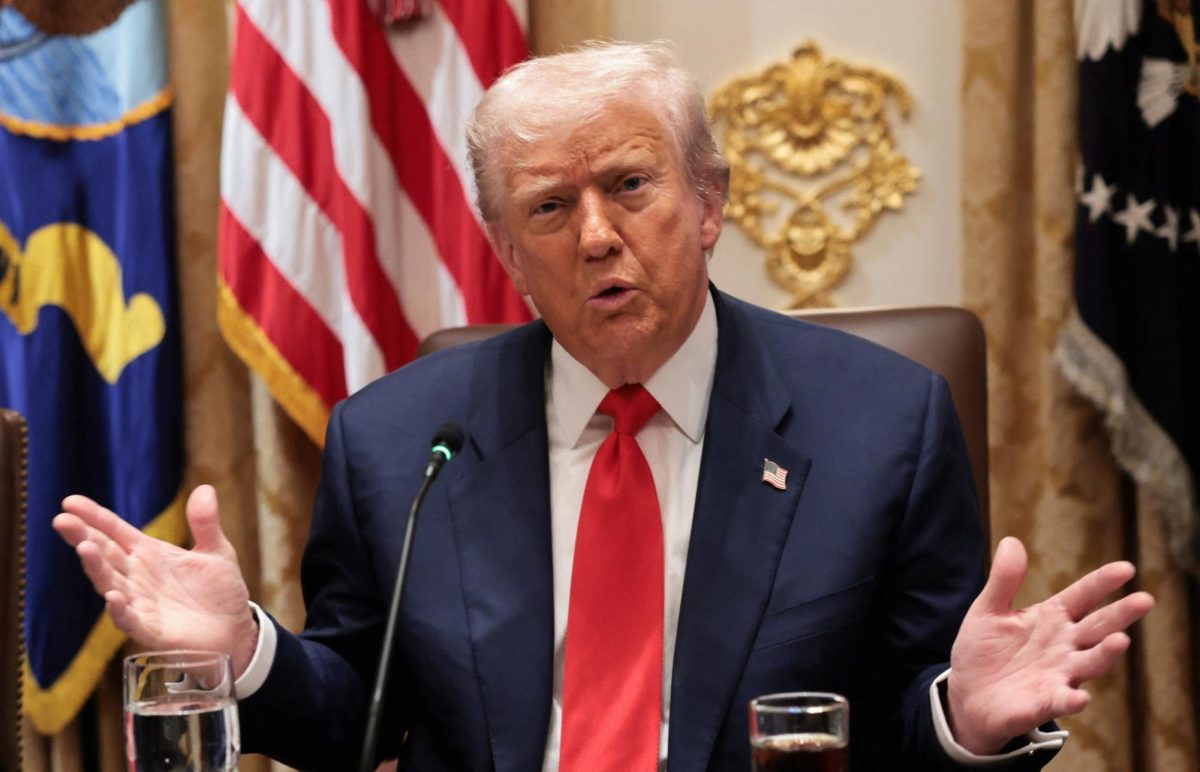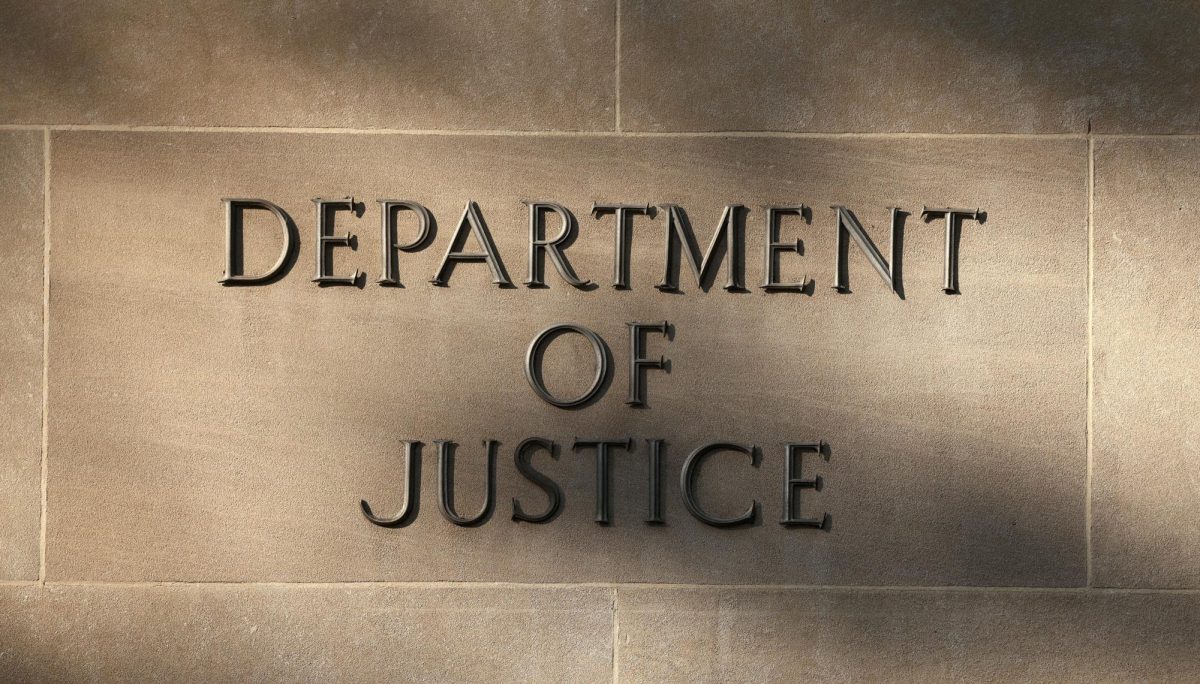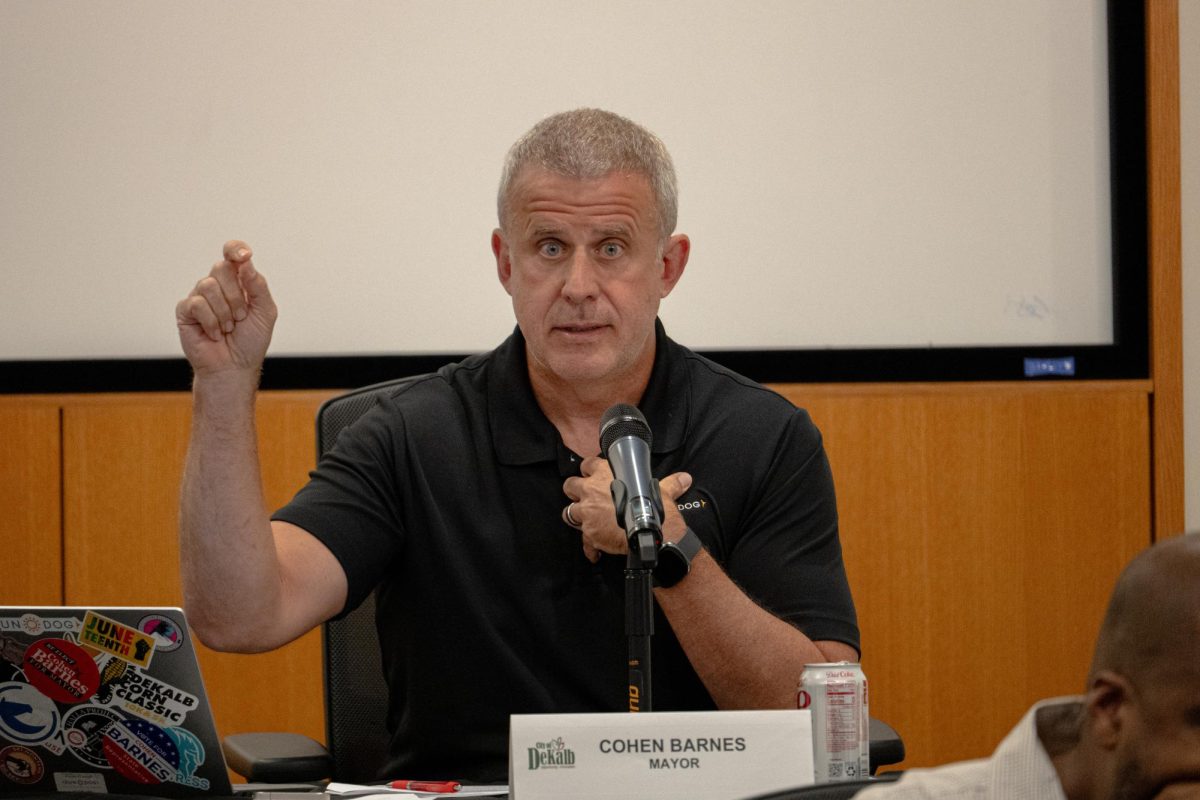DeKalb – U.S. professors were fired due to comments made on social media regarding the assassination of right-wing political activist Charlie Kirk. Other professors who express their opinions are now facing threats and harassment.
Weeks after the assassination, as many as over 40 professors were let go without due process for comments made on social media over the assassination. Many of these professors were targeted by right-wing campaigners.
These firings have left a chilling effect among educators in the U.S., while also prompting concerns regarding the current state of academic freedom.
Kirk had already been a sensitive subject for professors to speak on, as in 2016, Kirk launched a watchlist website which accuses hundreds of educators across the U.S. of left-leaning bias in the classroom.
Professors being let go with no due process sparked concern surrounding their protection under academic freedom and freedom of expression.
Benjamin Creed, assistant professor of leadership, educational psychology and foundations, discussed the importance of academic freedom in universities.
“The ability for folks to be able to express their opinions, broadly speaking, and to be able to express themselves is enshrined in our Constitution and is a core tenet of a public education that is aligned with the democratic ideals of public education,” Creed said. “Without freedom of speech, we cannot improve systems. We cannot improve our thinking. We cannot improve and progress our knowledge.”
Professors are also worried that what they are allowed and not allowed to teach goes against their academic freedom. States including Florida and Texas have passed bills which limit whether or not certain topics can be taught like race, gender and identity politics at universities.
“I think the more that restrictions are placed upon what is taught, the harder it is for real, true and good learning to occur,” Creed said.
Tactics for restricting topics at universities include removing textbooks, forcing certain textbooks to be discussed and defunding universities which hurts programs that promote these topics.
“I think that shutting out aspects of conversation by restricting textbooks or acquiring textbooks is an infringement on the academic freedom and the professional identities of educators and within higher education,” Creed said.
While some professors are avoiding sensitive topics entirely, others are looking for ways to discuss these topics without the threat of being fired.
Creed provided three pieces of advice to those who want to combat these restrictions and violations of academic freedom.
“First is setting the boundaries and the expectations within the classroom to share why or the purpose of engaging in rich conversation and help people understand why you’re making the curricular or pedagogical choices you’re making,” Creed said. “The last one is making sure what you’re doing is relevant to the topic at hand,” Creed said. “Like, if you’re a physics teacher, you probably don’t have that same flexibility and freedom to bring in things like politics.”
Amidst the tensions at universities across the country, NIU released a statement online regarding their commitment to protecting academic freedom.









